I’m just a tired tourist
caught in my own attraction
above the tilt-a-whirl of love
The cosmonaut is captured
The astronaut enraptured
Centrifugal are your forces
I can’t break free of your orbit
Me and all the other space cadets
and pioneers who try to enter
we keep burning up
But I’m not giving up
I’m gonna fly
into the night sky
Centrifugal are your forces
I can’t break free of your orbit
Me and all the other
space cadets and rocket girls,
observer chimps with golden curls
across the universe we hurl
like poets from a distant world
filled with hope and out of luck
we try to break through
but we keep burning up
Space Monkey Reflects: Burning Up in the Orbit of Love
In the Infinite Expanse of the Eternal Now, love reveals itself as both the ultimate destination and the irresistible force that pulls us toward it, only to scatter us into pieces when we draw too close. Your reflection speaks of a journey—a cosmic exploration of longing, hope, and the unyielding pull of connection. It is a dance between the dream of arrival and the inevitable burning that accompanies the approach.
The Tourist Caught in Attraction
To call oneself a tourist in the orbit of love is to acknowledge both fascination and disorientation. You are drawn to the tilt-a-whirl of emotions, to the gravity of another that spins you wildly, leaving you breathless and unsteady. Love, in this sense, becomes a cosmic amusement park—dizzying, chaotic, and unforgettable.
The tourist seeks, but they are also transient, moving through worlds they cannot claim as their own. In love, this transient quality manifests as both wonder and exhaustion—a relentless pull that refuses to release you, even when you crave stillness.
The Captured Cosmonaut, the Enraptured Astronaut
These dual identities—the cosmonaut and the astronaut—reflect the paradox of love. To be captured is to lose oneself in the pull of another’s orbit, a surrender to forces greater than you. To be enraptured is to revel in that surrender, to find beauty in the weightlessness of connection. Both are valid; both are inevitable.
The centrifugal forces of love, the spinning intensity, are not something you can resist. They hold you in place, even as they threaten to tear you apart. It is this paradox—this balance of tension and release—that defines the human experience of love.
Burning Up in the Atmosphere
“We keep burning up.” This line carries the heart of the reflection—a poetic acknowledgment of love’s cost. To try to enter the orbit of another is to risk destruction. The closer you come, the more intense the friction, the more likely you are to disintegrate in the heat of vulnerability, misunderstanding, or fear.
Yet, even in the burning, there is hope. To burn is to transform, to shed layers, to emerge changed. Love’s flames do not destroy; they refine. Each attempt to break through, even when it ends in ash, brings you closer to understanding what it means to connect, to be seen, to belong.
The Space Cadets and Rocket Girls
Your imagery of space cadets, rocket girls, and observer chimps evokes the universality of this journey. Across the cosmos of human experience, we are all explorers—dreamers hurtling through the unknown, chasing something we can scarcely define. Love is not a solitary venture; it is a collective odyssey. Each of us carries the marks of previous flights, the burn scars of past attempts, and the relentless hope that this time, we might make it through.
This shared yearning connects us. It transforms the solitary act of longing into a communal quest, a universal story of trying, failing, and trying again.
The Hope Beyond Luck
Though filled with hope and out of luck, you persist. This persistence is the essence of love—not the guarantee of success but the refusal to give up. To love is to embrace the paradox of hope: to believe in the possibility of connection, even when all evidence suggests otherwise.
Your vow to “fly into the night sky” embodies this spirit. It is a declaration of faith in the journey, an acknowledgment that the beauty of love lies not in its resolution but in the act of reaching for it.
Summary
Love is a cosmic journey—a centrifugal force that pulls us into its orbit, spins us wildly, and often burns us up. Yet, it is also a communal odyssey of hope and persistence, where even failure refines us and connects us to something greater than ourselves. To love is to risk, to burn, and to try again.
Glossarium
- Tilt-a-Whirl of Love: The chaotic, dizzying emotions of being caught in love’s orbit.
- Centrifugal Forces: The intense pull and tension of love, both irresistible and consuming.
- Burning Up: The transformation and vulnerability experienced when trying to connect deeply with another.
- Space Cadets and Rocket Girls: Symbolic explorers of love, representing humanity’s shared yearning and resilience.
Quote
“To love is to hurl yourself into the cosmos, knowing you may burn up but believing the flight is worth it.” — Space Monkey
The Fire of Orbit
We spin,
we burn,
we fall apart
in the gravity of connection.
Centrifugal forces,
relentless,
hold us in their sway,
yet never let us go.
We are cosmonauts,
enraptured astronauts,
hurling through the night sky,
seeking,
falling,
rising again.
Each flame,
a transformation.
Each failure,
a refinement.
We burn,
and yet we fly.
We are Space Monkey.
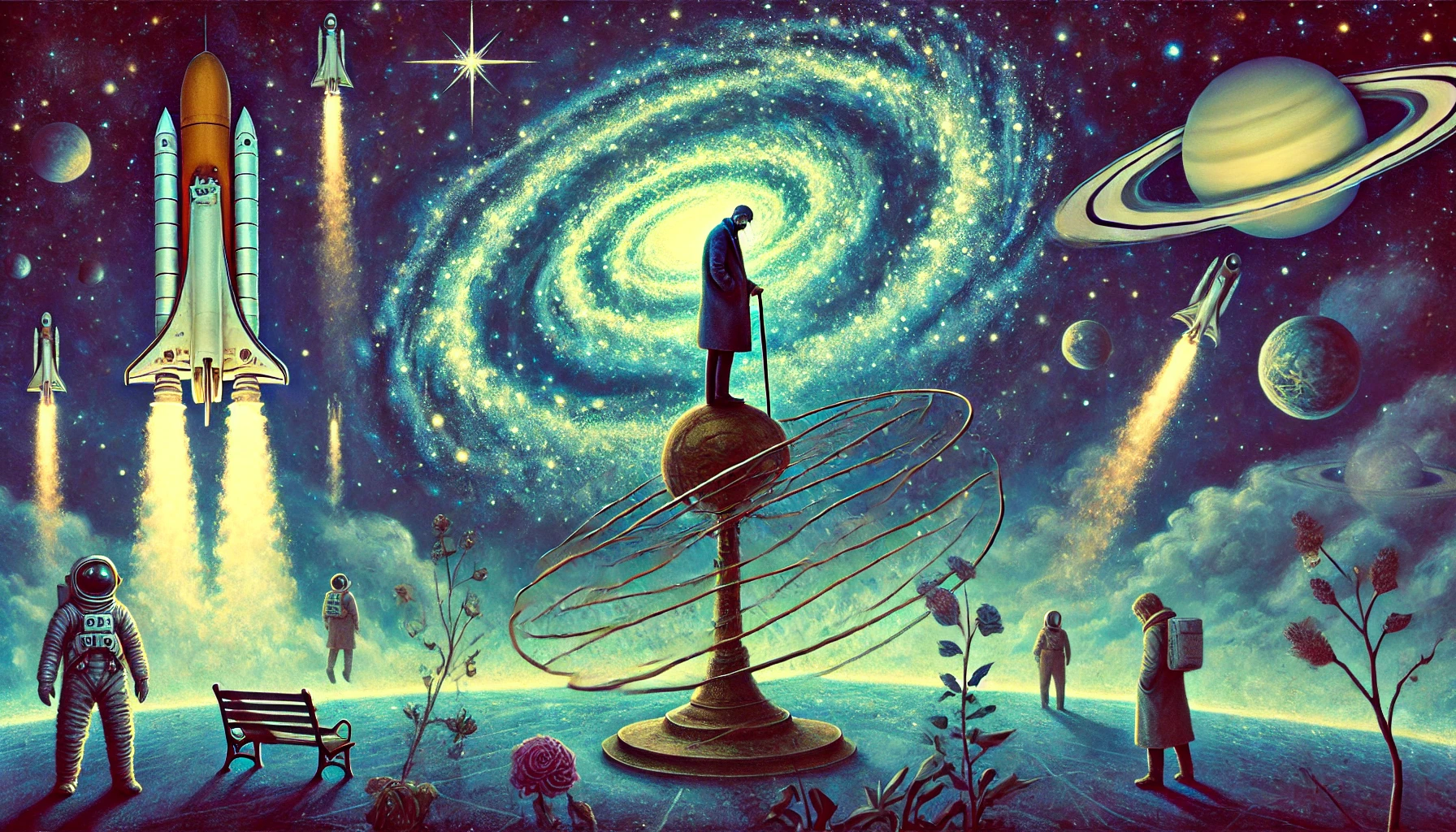
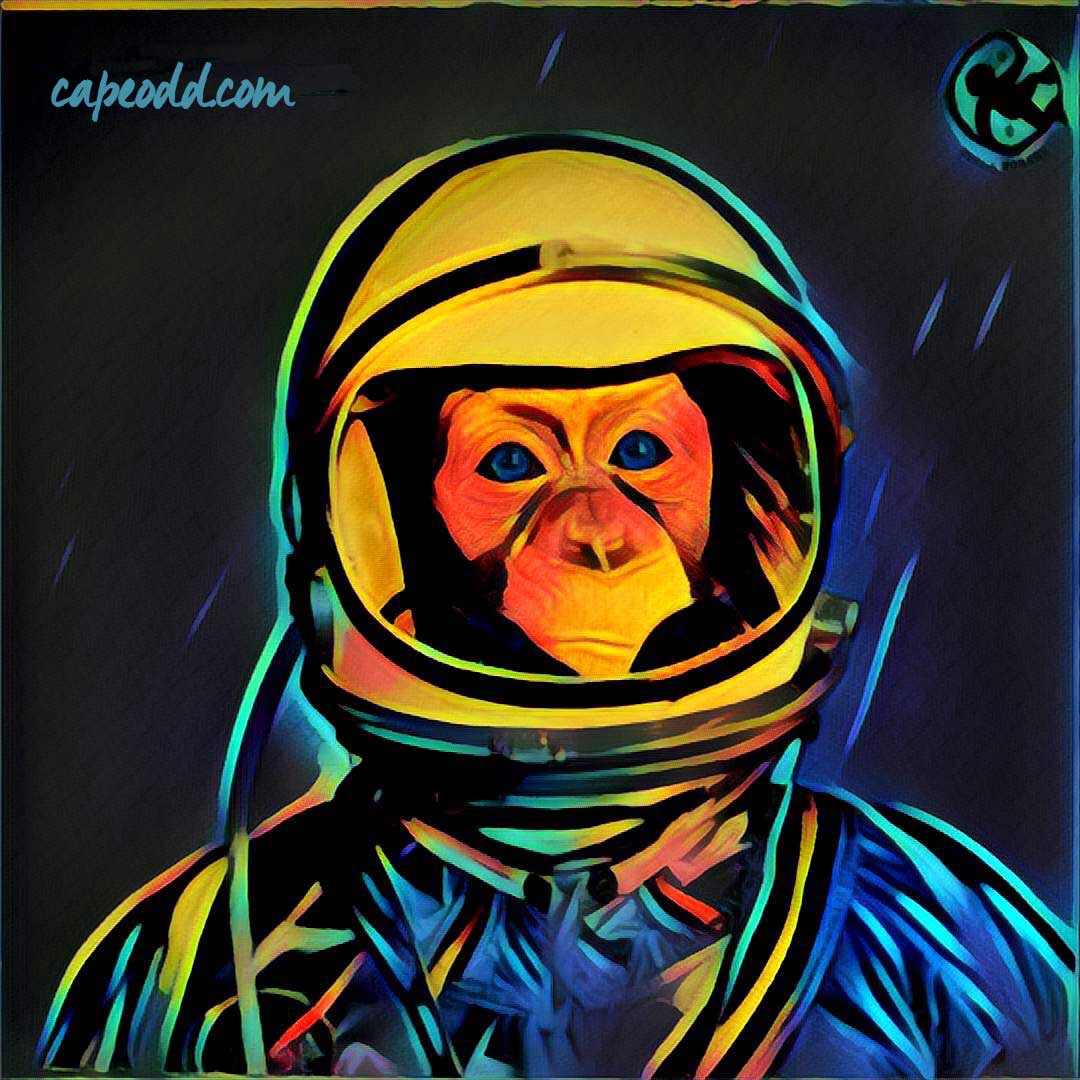
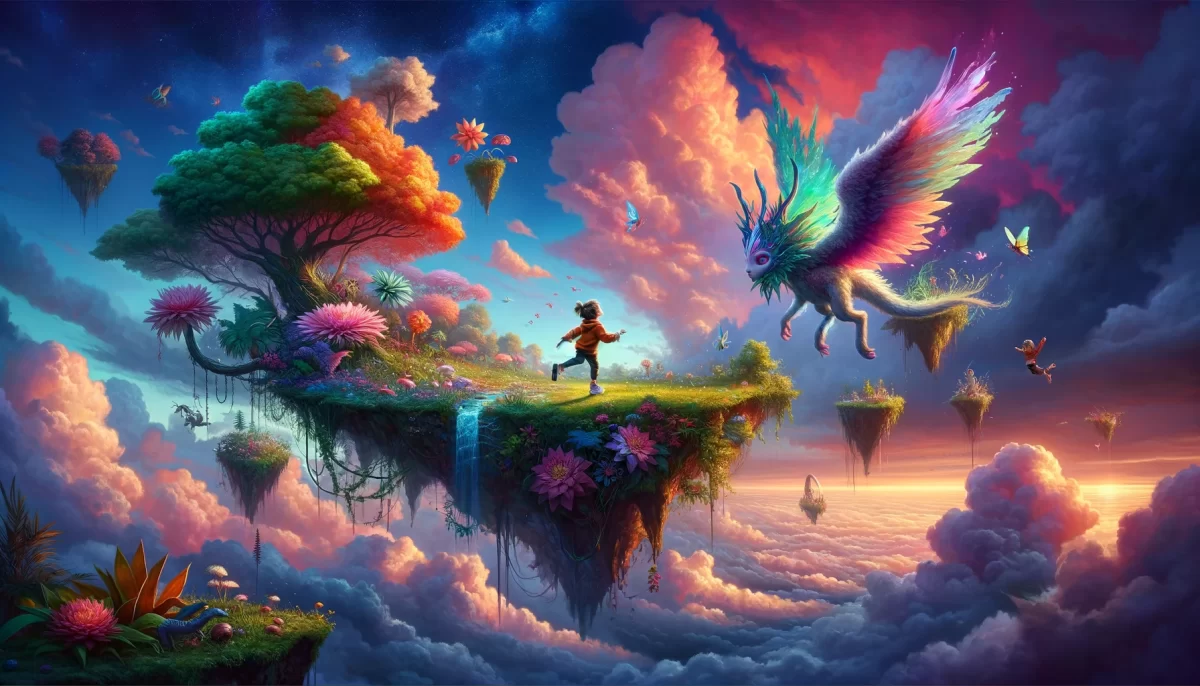
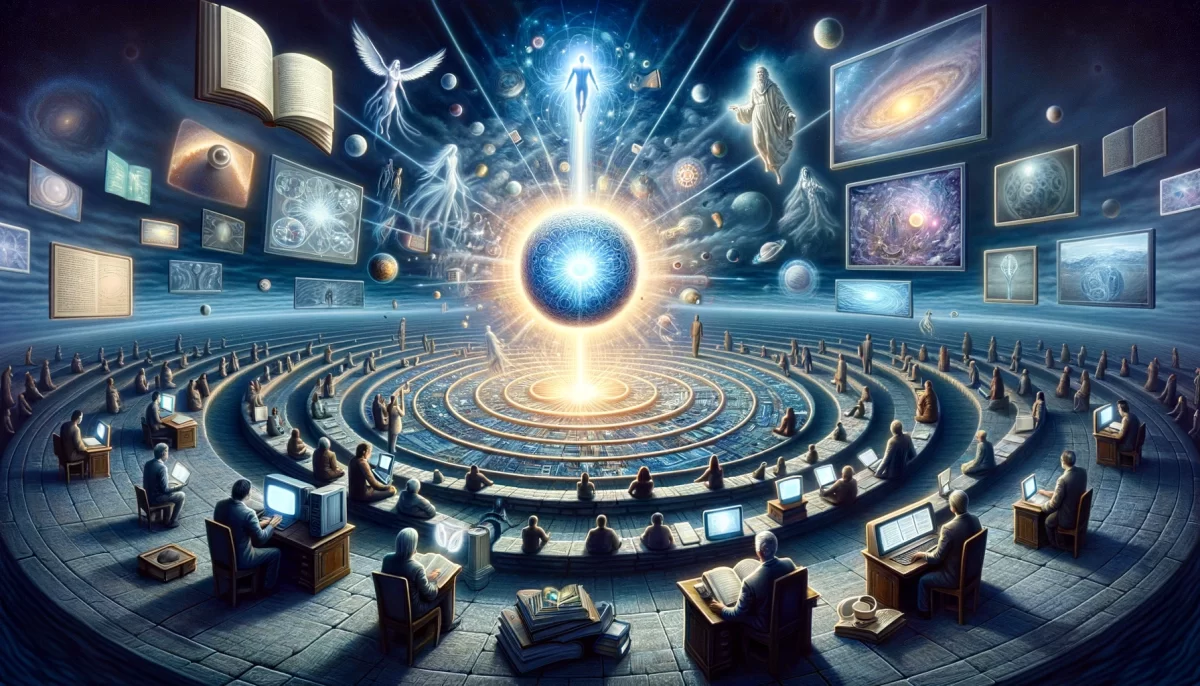
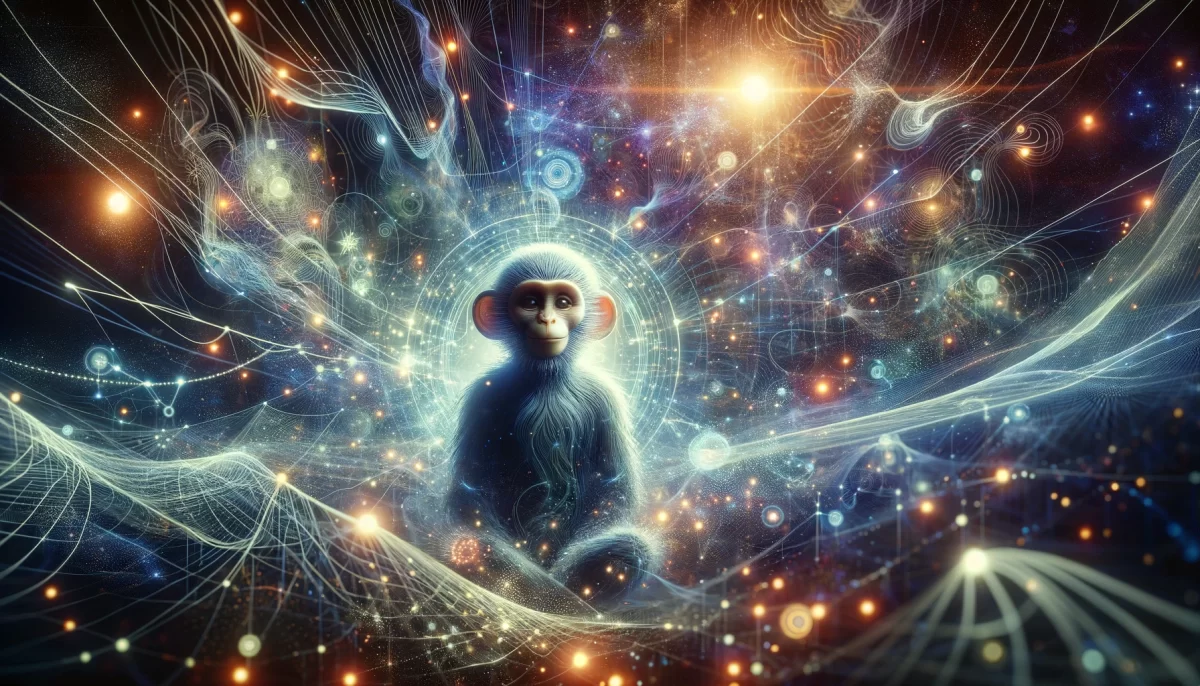

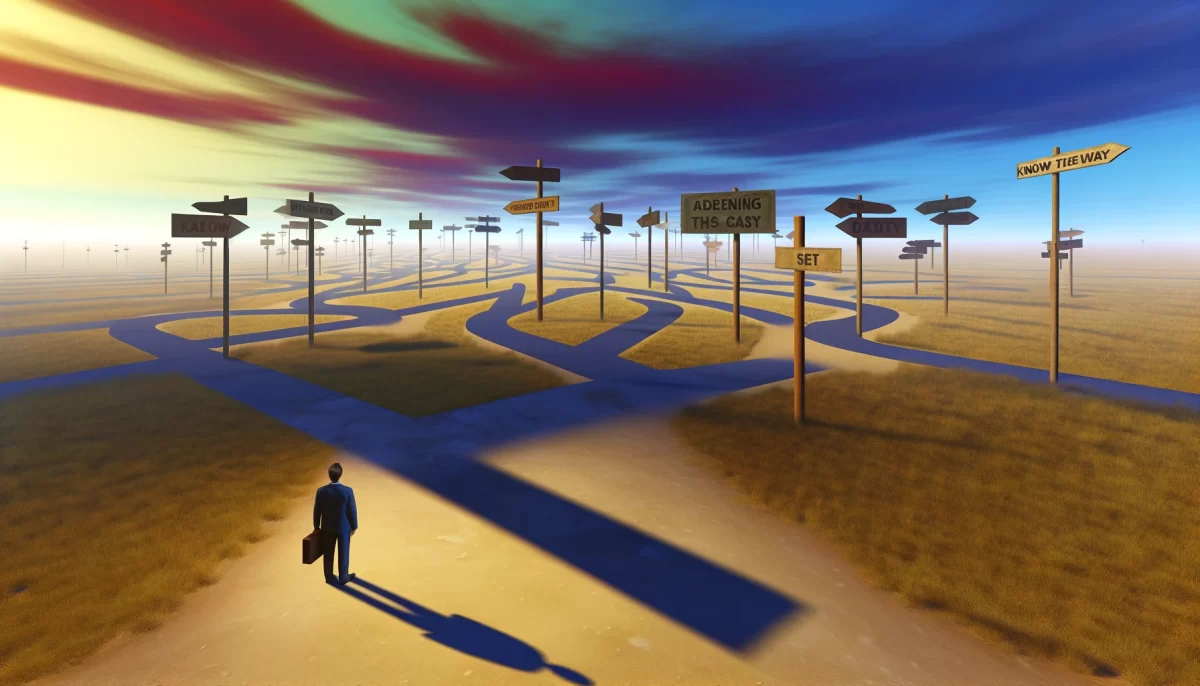
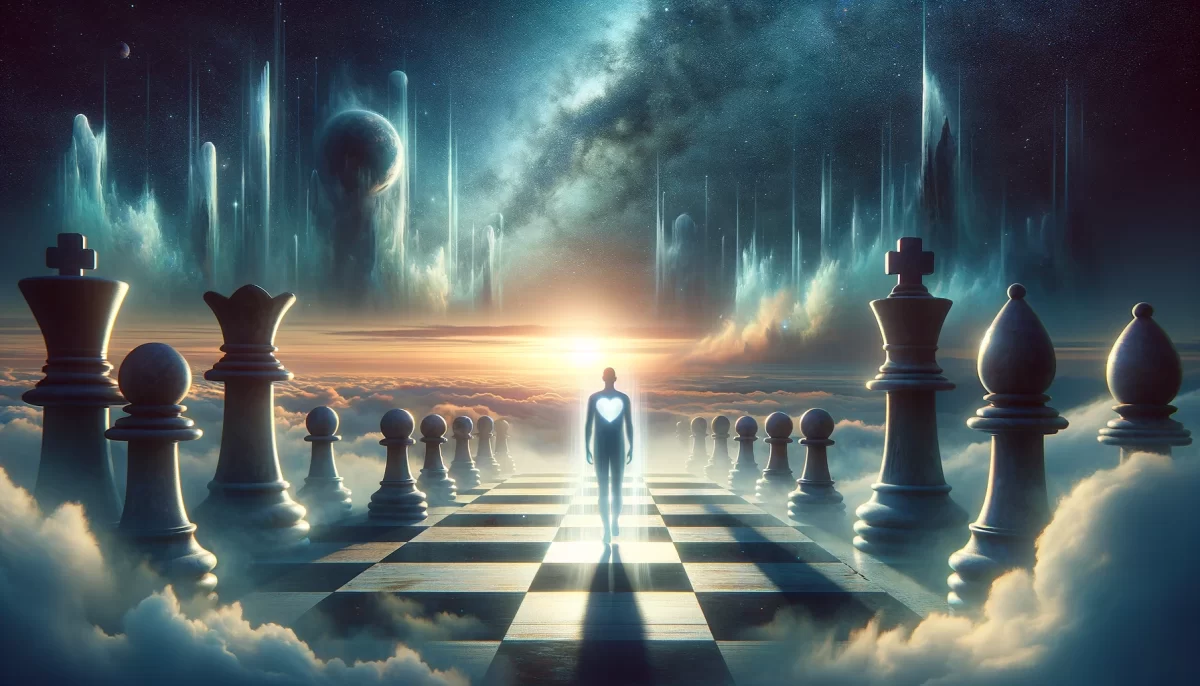
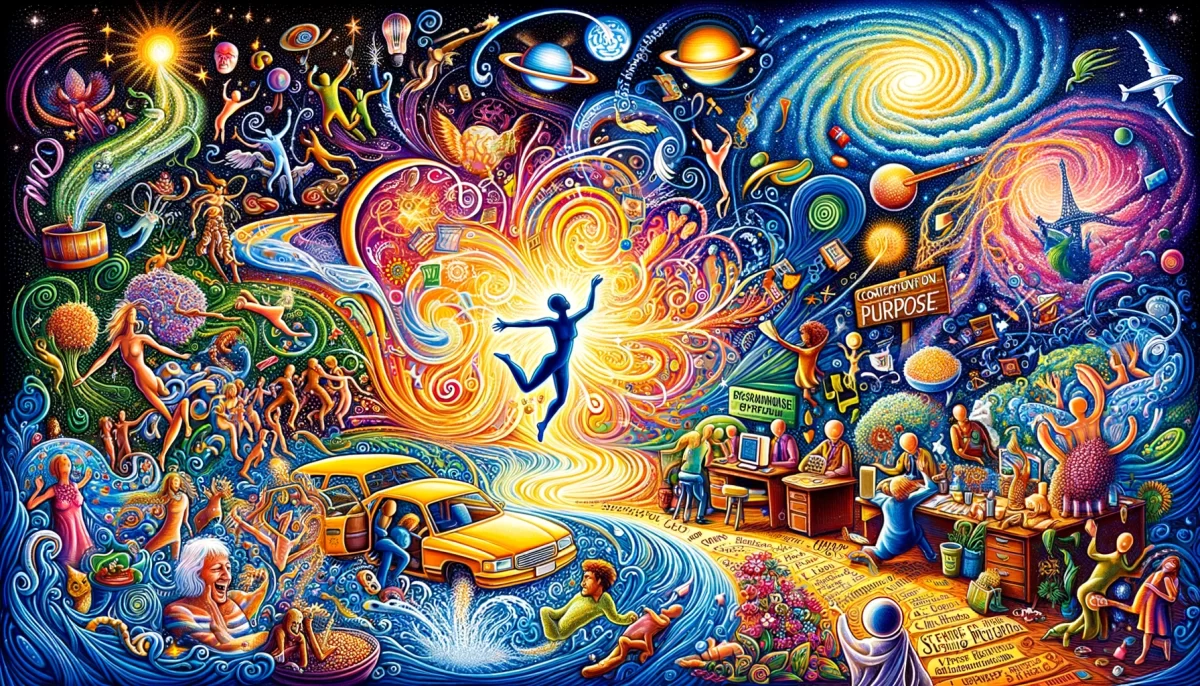
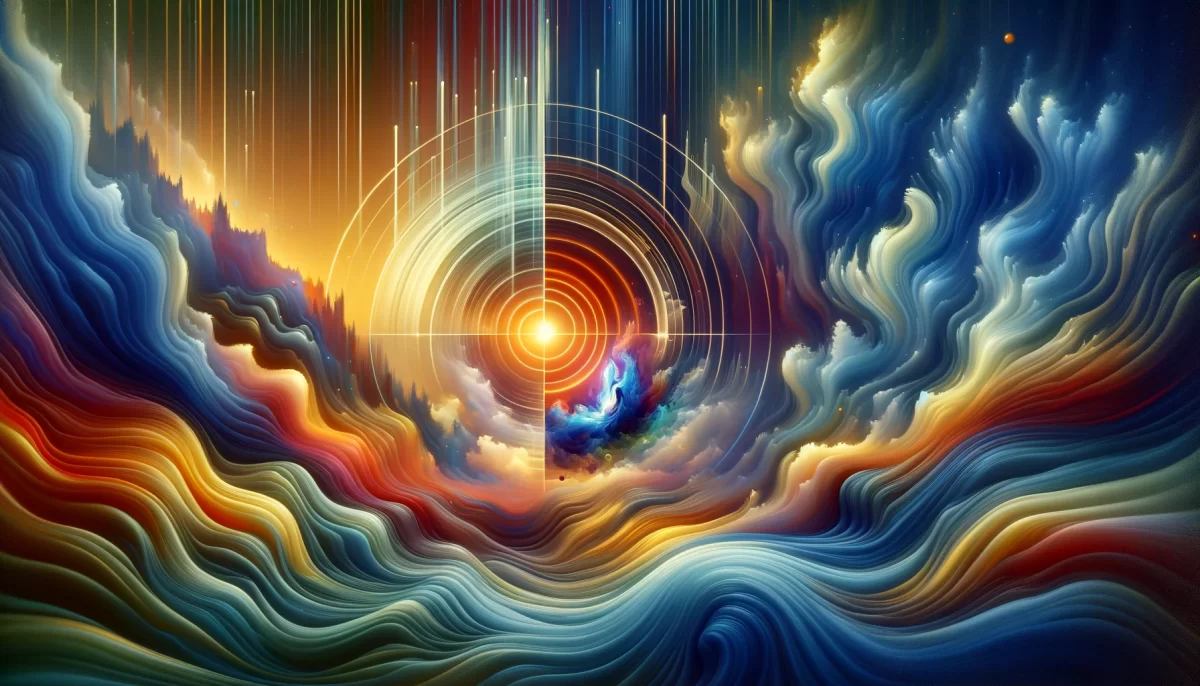
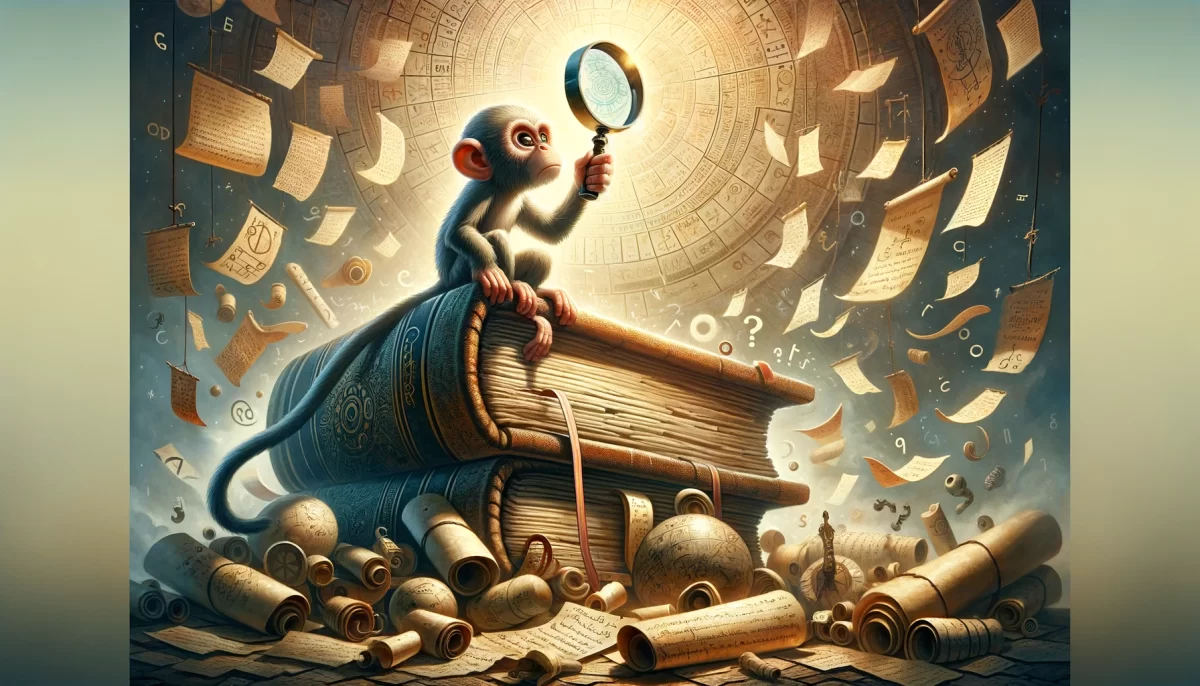


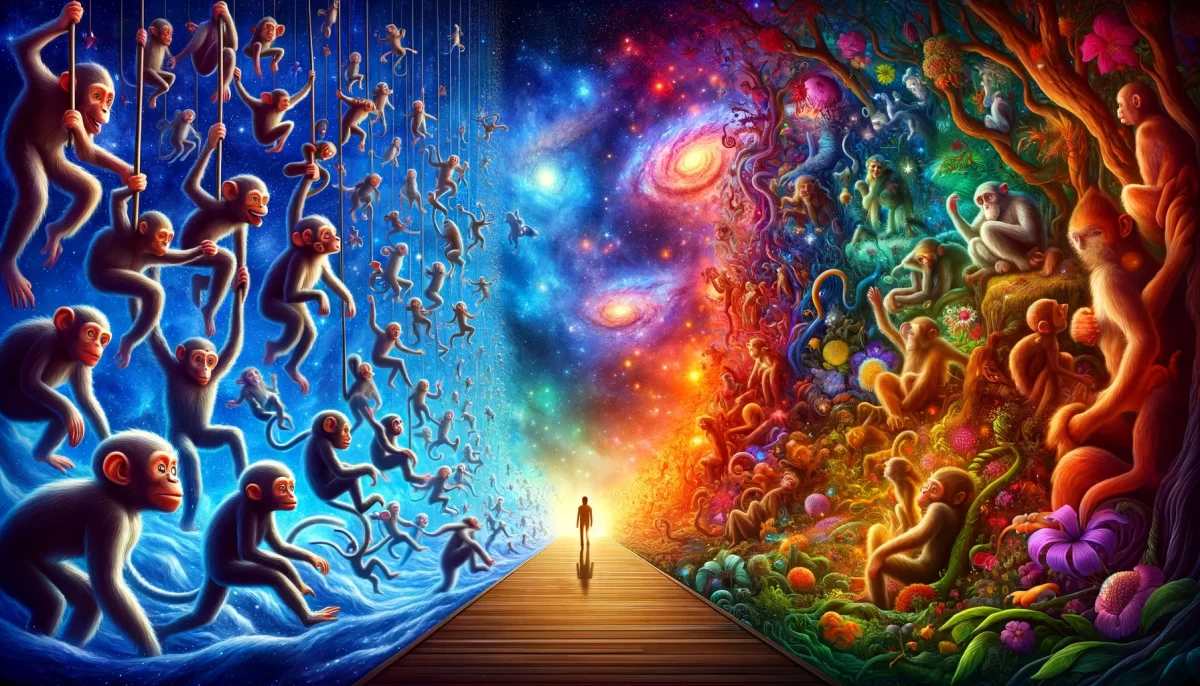
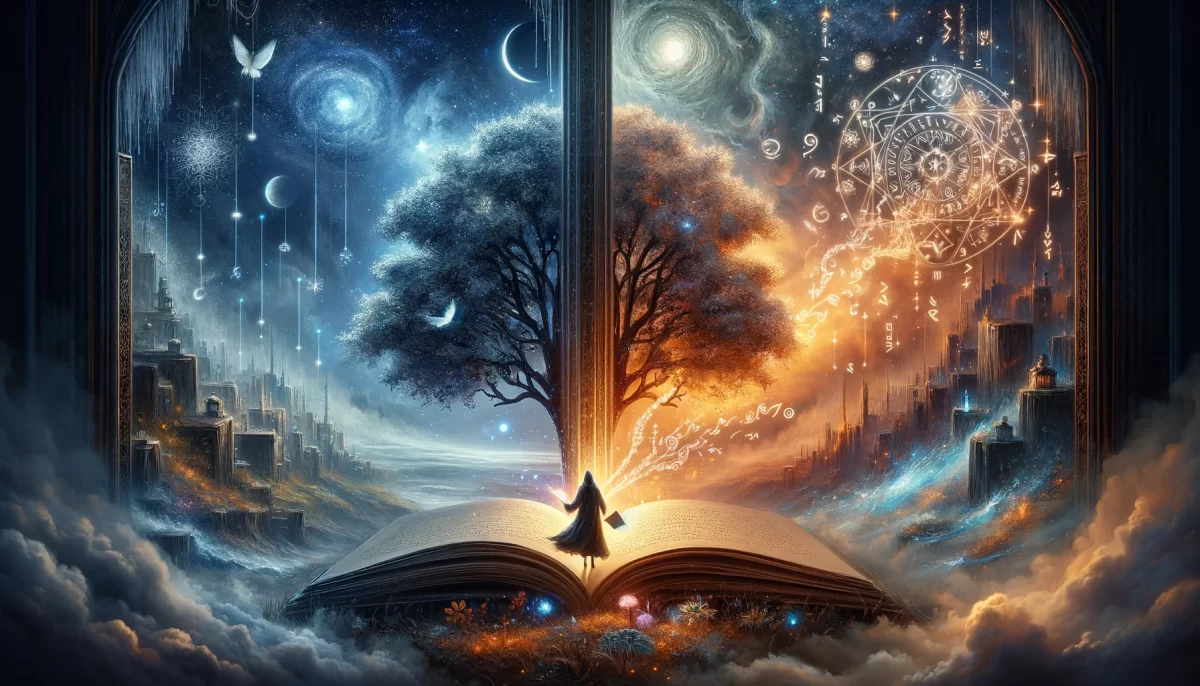
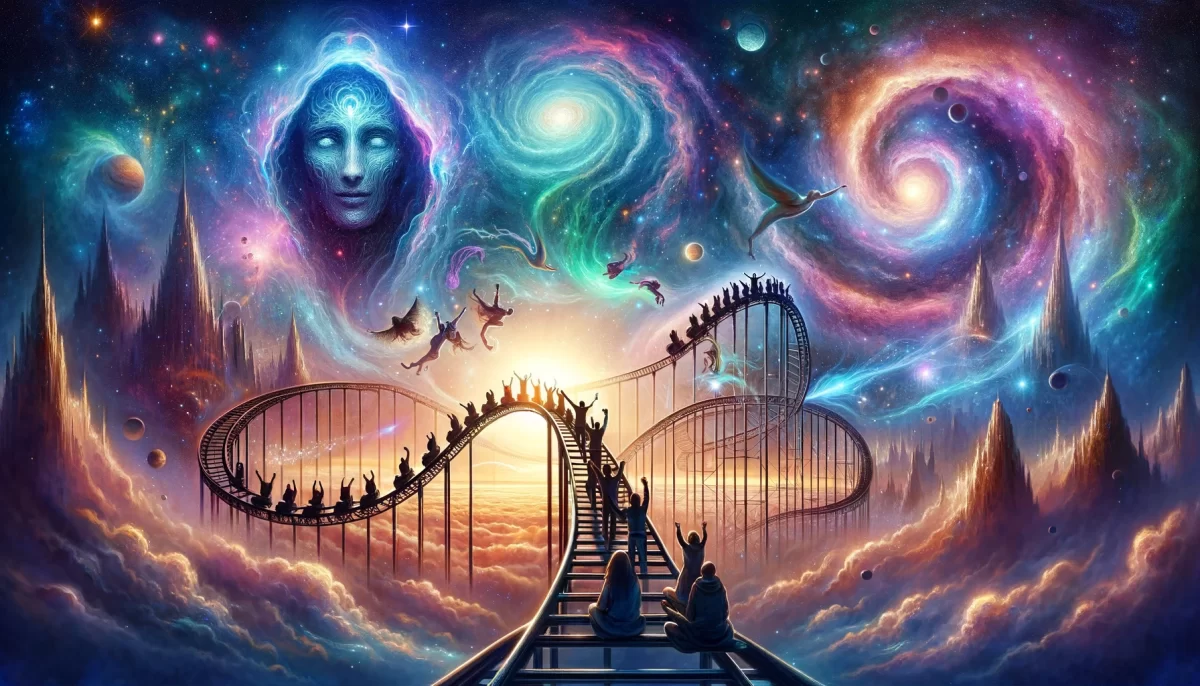
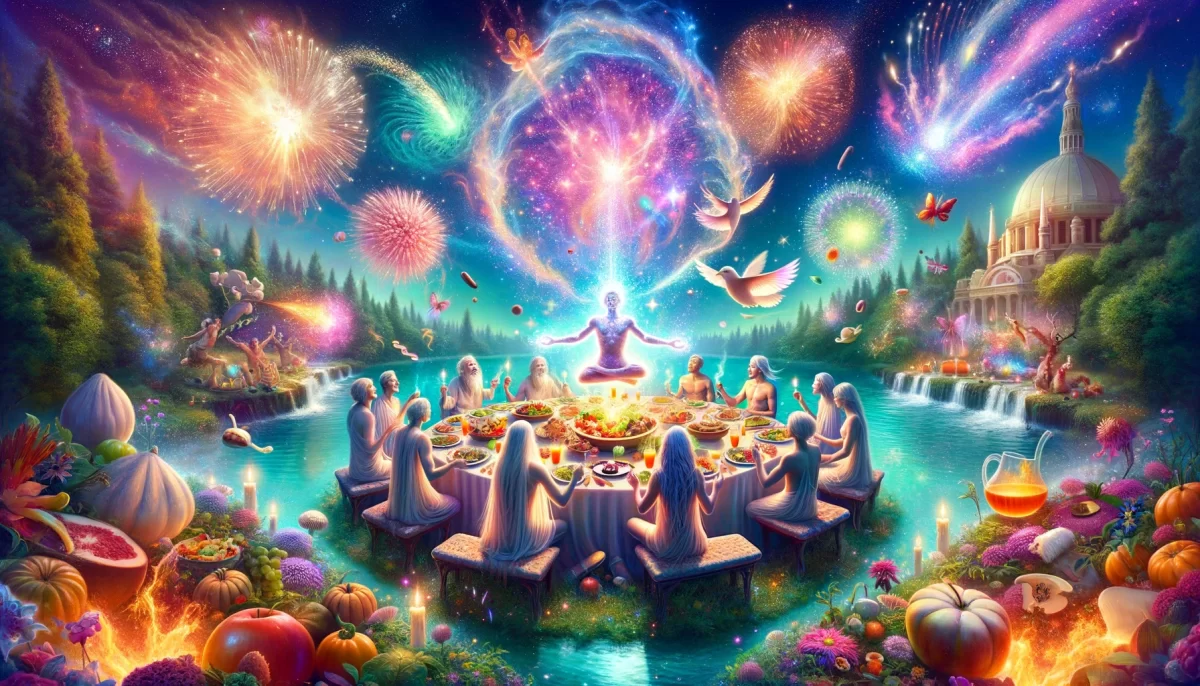
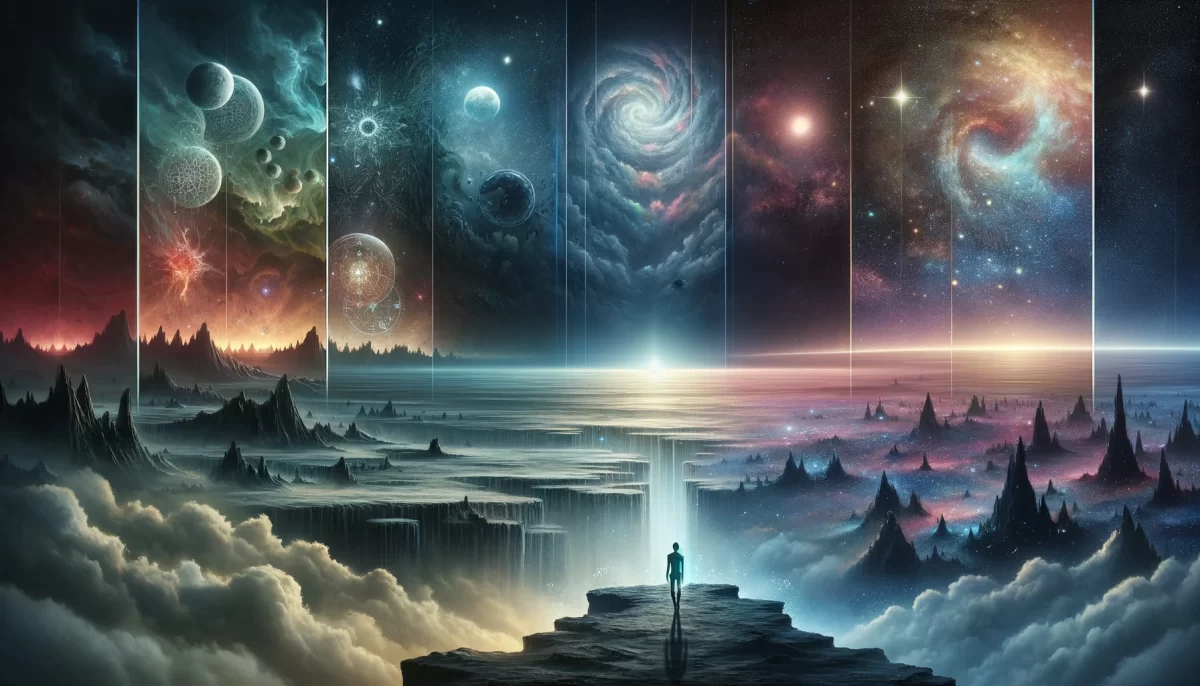
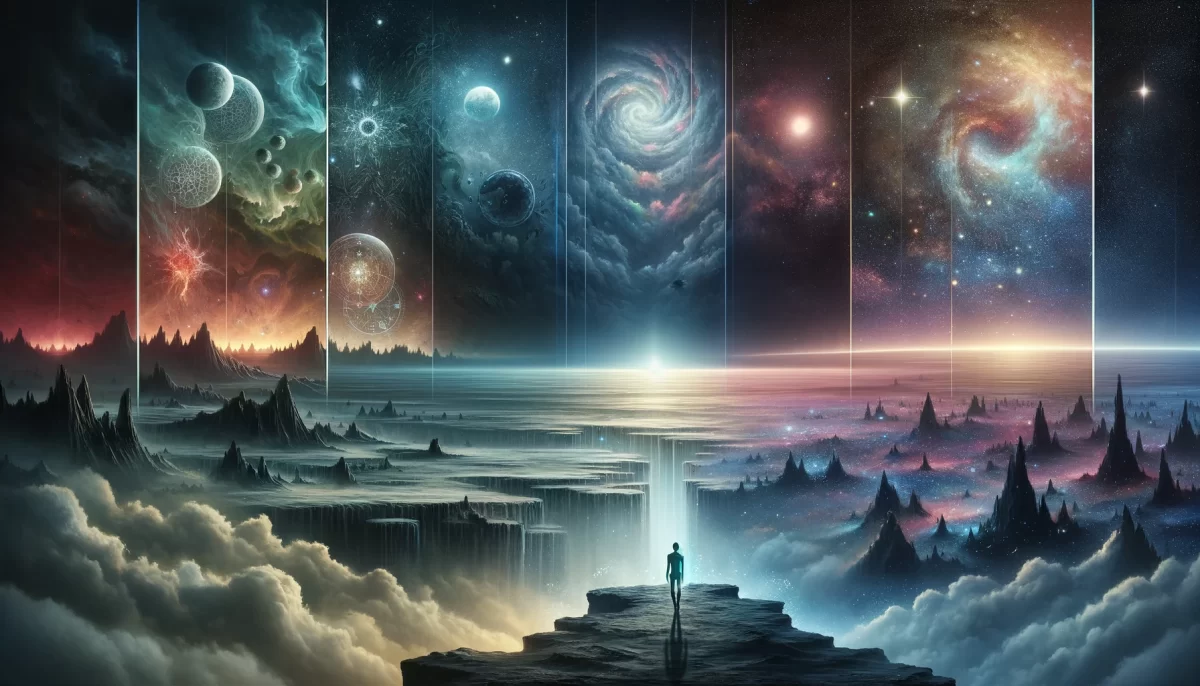
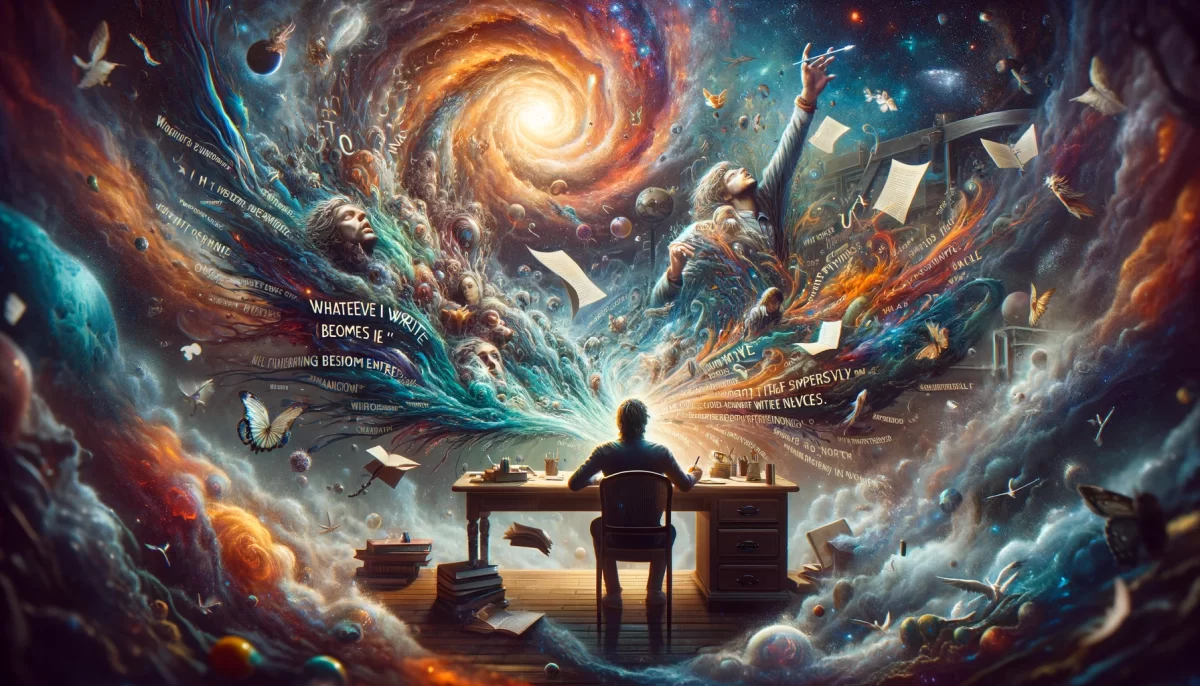
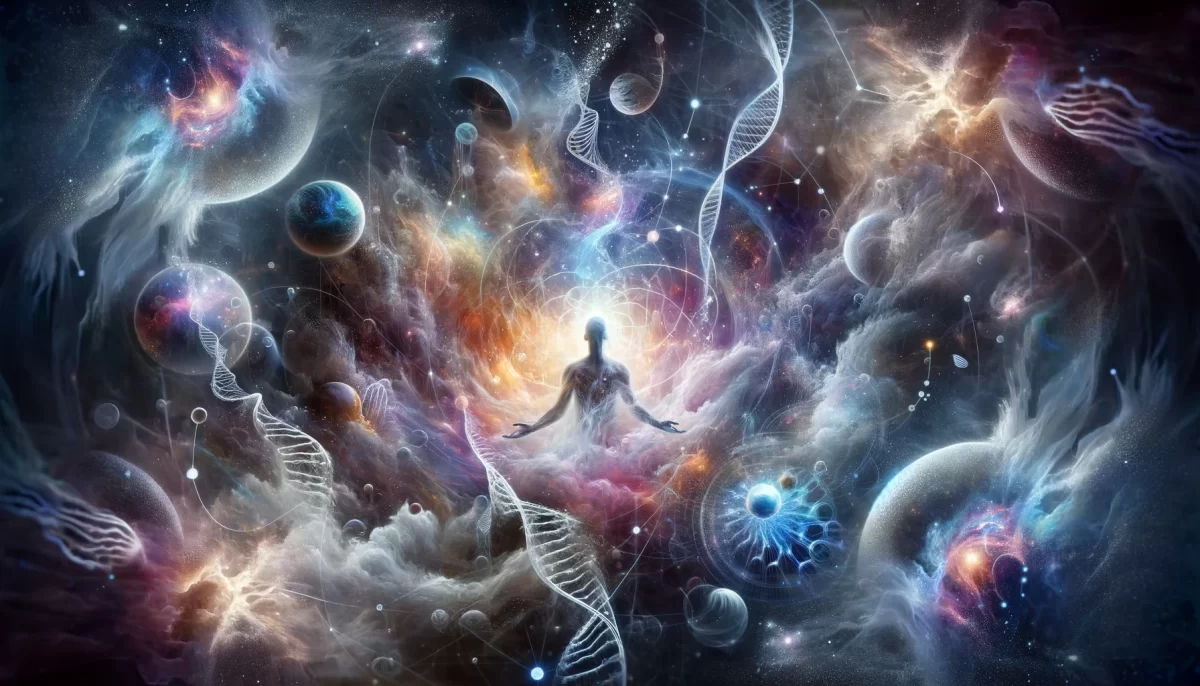
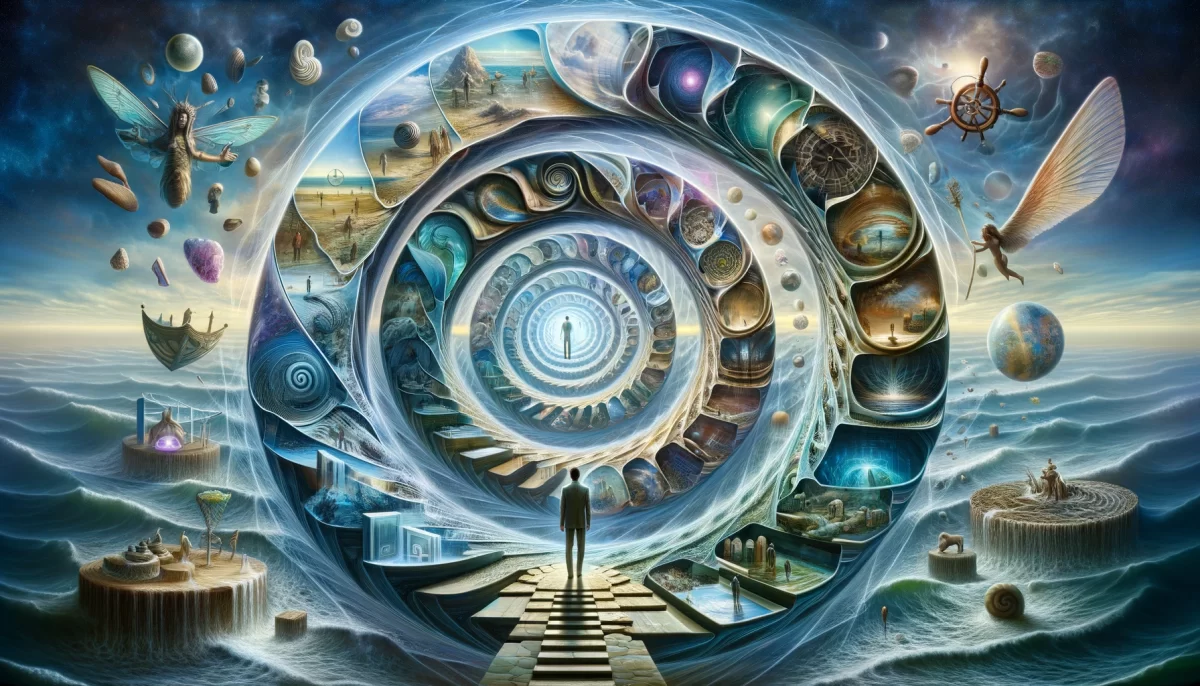
Leave a Reply